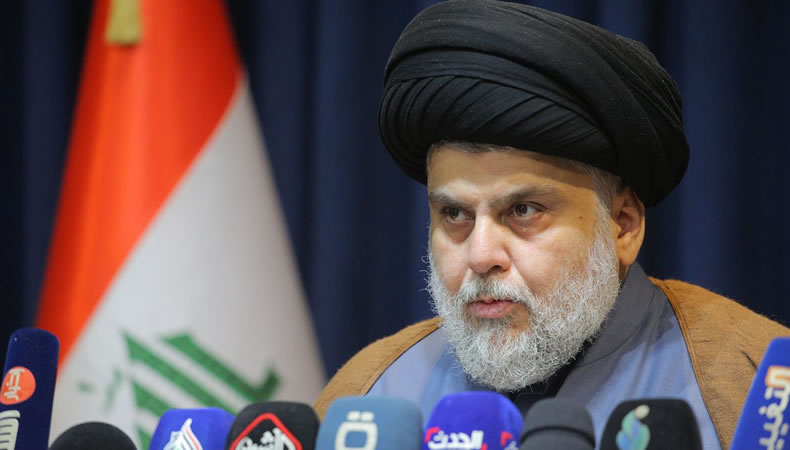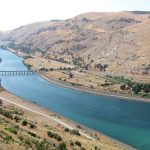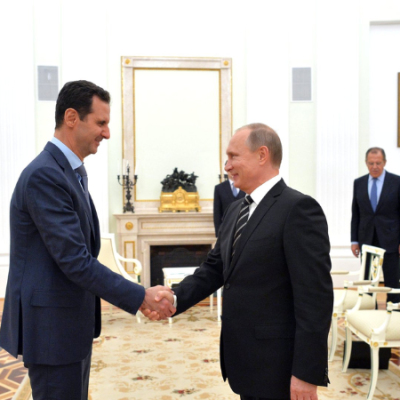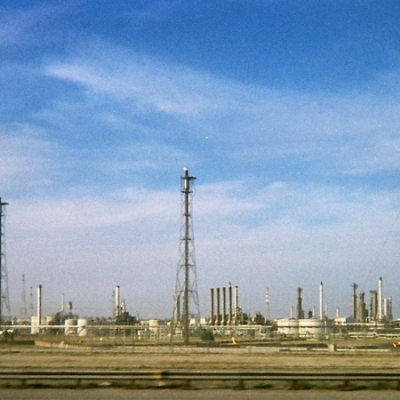Iraq stands at dangerous crossroads following resignations of Sadrists

 Iraq–Iraq has not seen political or security stability since the fall of Baghdad’s dictatorial Baathist dictatorship in 2003. Instead of constructing an institutional structure that could have provided residents with a good existence in the newly democratic state, the Iraqi political class decided to play the sectarian and ethnic card to gain supporters.
Iraq–Iraq has not seen political or security stability since the fall of Baghdad’s dictatorial Baathist dictatorship in 2003. Instead of constructing an institutional structure that could have provided residents with a good existence in the newly democratic state, the Iraqi political class decided to play the sectarian and ethnic card to gain supporters.
As a result, there have been 19 years of civil wars, urban battles, sectarian militias, kidnappings, rapes, and assassinations, as well as poor, if any, public services and the growth of corruption throughout all governmental institutions. This is more than enough to drive Iraqis to despair and rob them of any hope for a better future for their family.
The Iranian-backed Shiite blocs lost ground to the Sadrists, who gained 73 parliamentary seats, in last October’s parliamentary elections to determine the 329 members of the Council of Representatives who will choose the next president and certify the appointment of the prime minister. Muqtada Al-Sadr, a Shiite preacher, had evolved from a guy wanted by the Americans for commanding a militia that was pursuing them to a kingmaker.
Related Posts
The Sadrist bloc partnered with the Sovereignty Alliance and the Kurdistan Democratic Party after the Federal Supreme Court ratified the election results in December, but MPs have failed to elect a new president three times. This decision would clear the path for the next government to be formed. As a result of Al-lack Sadr’s of an absolute majority and the unwillingness of Iran-aligned Shiite blocs to shift into opposition, the country is experiencing a period of political gridlock.
Al-Sadr announced the withdrawal of his whole group from parliament last week, in the midst of this vortex, which could lead to a profound transformation and the destruction of the old political system.
The powerful Shiite preacher called on his followers to quit right away. In a handwritten statement, he said, “The head of the Sadrist bloc… shall submit the resignations of the Sadrist bloc’s sisters and brothers to the speaker of parliament.” “A sacrifice from me for the country and the people to relieve them of the unknown future,” Al-Sadr said of his choice.
Early elections will not be held unless a third of MPs submit a request to the speaker for a parliamentary vote or the prime minister submits a proposal to the Council of Representatives with the president’s permission. In either case, an absolute majority of the parliament’s members would have to agree.
Al-risky Sadr’s political action could result in the redistribution of his alliance’s 73 parliamentary seats among different political groups. However, it is likely that Shiites linked with Iran, as well as some independents, would take the majority of these seats.
Qais Khazali, the leader of the brutal pro-Iran militia Asa’ib Ahl Al-Haq, called Al-decision Sadr’s “negligence,” adding that all Iraqi political groups are resolved to cope with the fait accompli and will establish a government. He stated, “We anticipate a government will be formed to serve the interests of Iraq.”
Meanwhile, Al-Jidar, a Sadrist media source, advised Al-opponents Sadr’s last Monday not to misread the resignations as an indication of the movement’s weakness. “They forget that the gates of hell will be opened for them, and that the Sadrist movement can overthrow any government they construct in a matter of hours,” it wrote on Telegram.
The Iranian government is keeping a tight eye on recent political developments, fearing a flare-up of violence between the two sides’ highly armed supporters. This would almost certainly have devastating effects, destroying everything the Iranian regime has done on Iraqi soil for its own gain, potentially involving other regional countries in the battle.
Iranian newspapers slammed the Iraqi cleric, accusing him of sowing discord among Shiites and casting doubt on his motivations. Al-Sadr is accused of driving Iraq into a ‘political deadlock’ by insisting on forming a majority administration without the participation of pro-Iranian factions, according to the reformist journal Etimad. “Although the Sadrist movement regarded its political action a sacrifice for the sake of the motherland,” the state-run Islamic Republic News Agency’s journal reported, “observers believe it might put Baghdad in front of enormous problems and unclear scenarios.”
Iraqi political parties are concerned about the ramifications, knowing that Al-Sadr did not quite give up politics and power, and that he will not hesitate to mobilise his supporters against Iran-backed forces.
Before moving forward with forming a government without the Sadrists, it is now necessary to thoroughly examine the crucial political tactics. Because it is difficult to forecast the Shiite cleric’s next action, any rash decision by Iranian-backed militia leaders would put Iraq and its people in grave danger.










